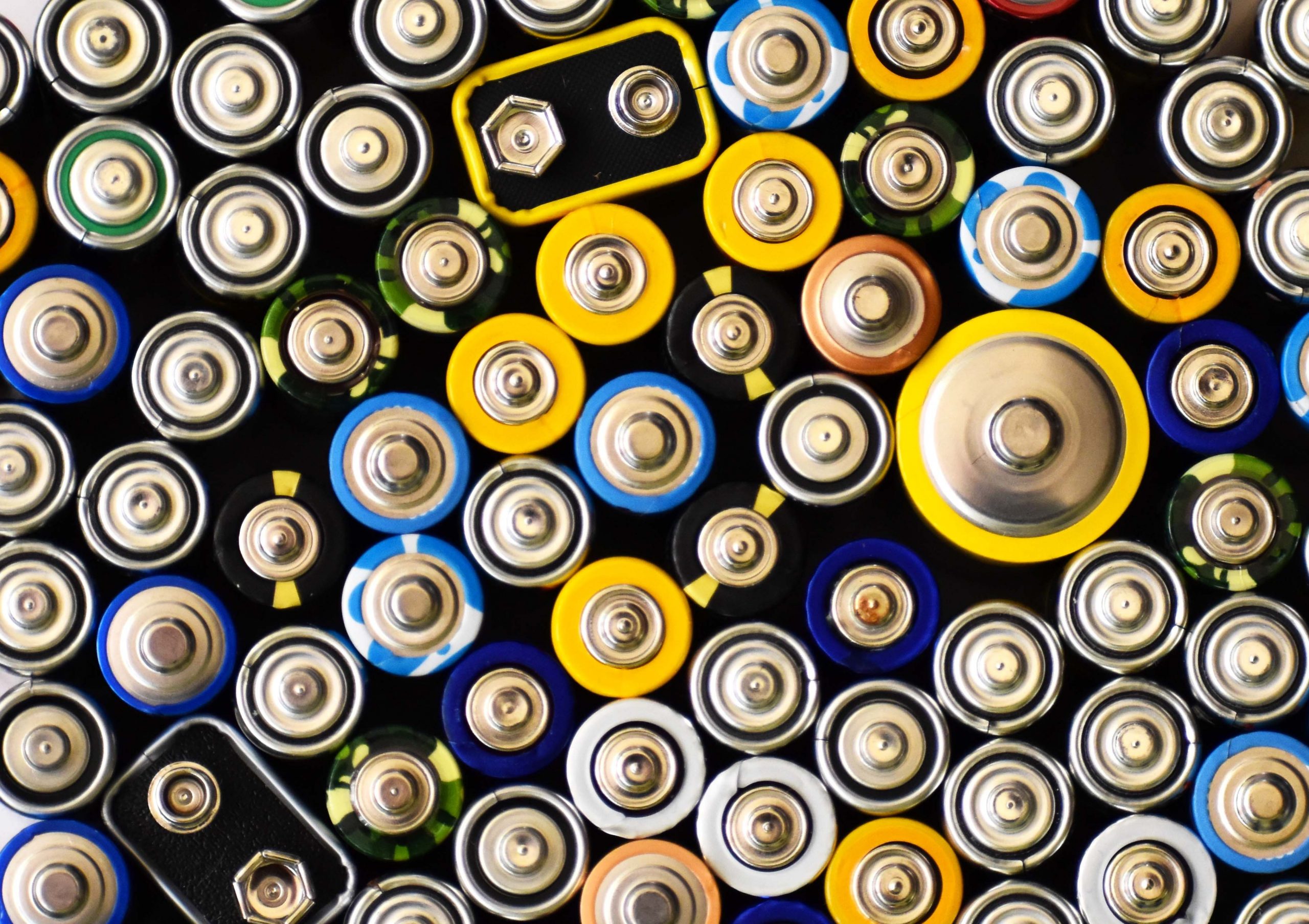
In an age where sustainable energy solutions are increasingly sought after, lithium-ion batteries (LIBs) stand at the forefront of this revolution, particularly in their application within electric vehicles (EVs). The article “Risk management over the life cycle of lithium-ion batteries in electric vehicles,” co-authored by Paul A. Christensen, Paul A. Anderson, Gavin D.J. Harper, Simon M. Lambert, Wojciech Mrozik, Mohammad Ali Rajaeifar, Malcolm S. Wise, and Oliver Heidrich, takes a deep dive into the multifaceted risks associated with the life cycle of LIBs, especially in the context of electric vehicles.
This research is crucially relevant to the work of Green Wings Project, as it underscores the complexities and challenges in managing the end-of-life (EoL) of LIBs, a significant concern in our mission to recycle and responsibly manage e-cigarette waste, which also contains these batteries.
Published in Renewable and Sustainable Energy Reviews, this comprehensive study not only explores the rapid integration of LIBs into modern society but also scrutinizes the safety risks throughout their lifecycle – from production and usage to disposal and recycling. The authors meticulously analyze various aspects of LIBs, including their application in second-life uses such as Battery Energy Storage Systems (BESS), alongside the ethical, safety, and environmental concerns that arise from their widespread use. The growth in the number of LIBs necessitating EoL treatment poses a challenge that Green Wings Project is intimately familiar with – the need for effective, safe, and environmentally sound recycling practices.
The article begins by situating LIBs within the broader narrative of global decarbonization, emphasizing their role in transitioning from fossil fuel to battery-powered vehicles. It highlights the environmental impact of LIB production, dependent on factors like sourcing of materials, manufacturing locations, and battery chemistry. This is particularly resonant with Green Wings Project’s focus on the full lifecycle impact of electronic devices, advocating for sustainable and responsible recycling solutions.
While the risks associated with LIBs in EVs are generally manageable through engineering and operational oversight, significant dangers remain, especially when these systems fail. The importance of educating all stakeholders about the risks of LIBs, particularly in energy storage due to their high energy densities and flammable components, cannot be overstated. This aligns with Green Wings Project’s goal of raising awareness about the safe disposal and recycling of electronic waste, including e-cigarettes with LIB components.
This scholarly article provides invaluable insights for those in the e-waste recycling sector, environmental policymakers, and the public. It offers a detailed examination of the challenges and risks in managing the lifecycle of LIBs, highlighting the necessity for robust educational, legal, and regulatory frameworks to ensure their safe use and disposal. As Green Wings Project continues to advocate for responsible electronic waste management, the findings and recommendations of this study serve as a crucial guide in our efforts to promote a more sustainable and environmentally conscious approach to electronic waste.
Click to read the full article here.
 Featured image via Vardan Papikyan on Unsplash
Featured image via Vardan Papikyan on Unsplash
About Green Wings Project:
Established in 2022, Green Wings Project is a charity organisation that aims to promote, for the benefit of the public, the conservation, protection and improvement of the physical and natural environment through promoting, identifying and advancing solutions for recycling, reuse and harmless disposal of disposable/single-use electronic products. Currently, we are running a focused initiative on disposable vape recycling.















